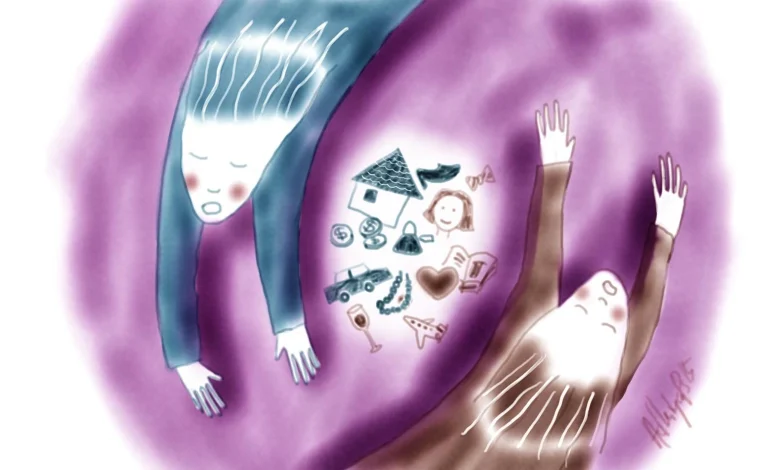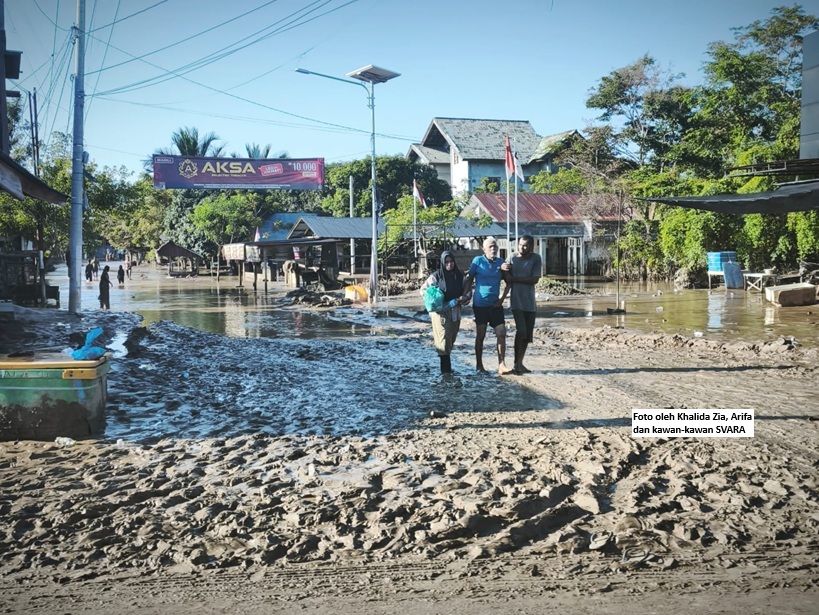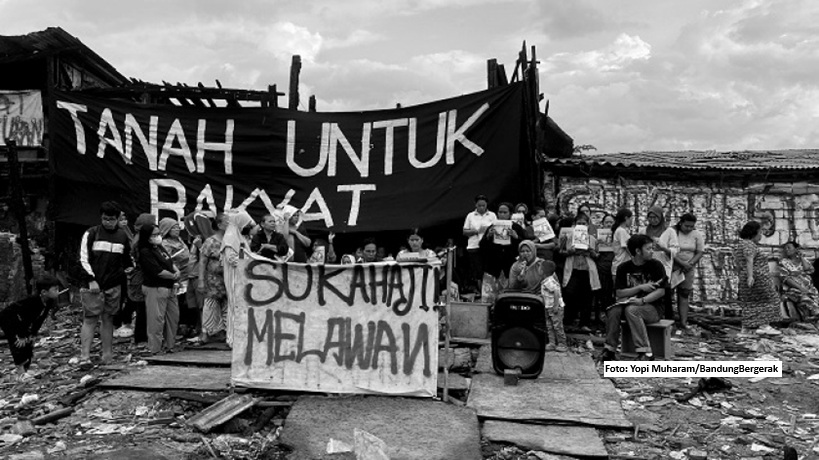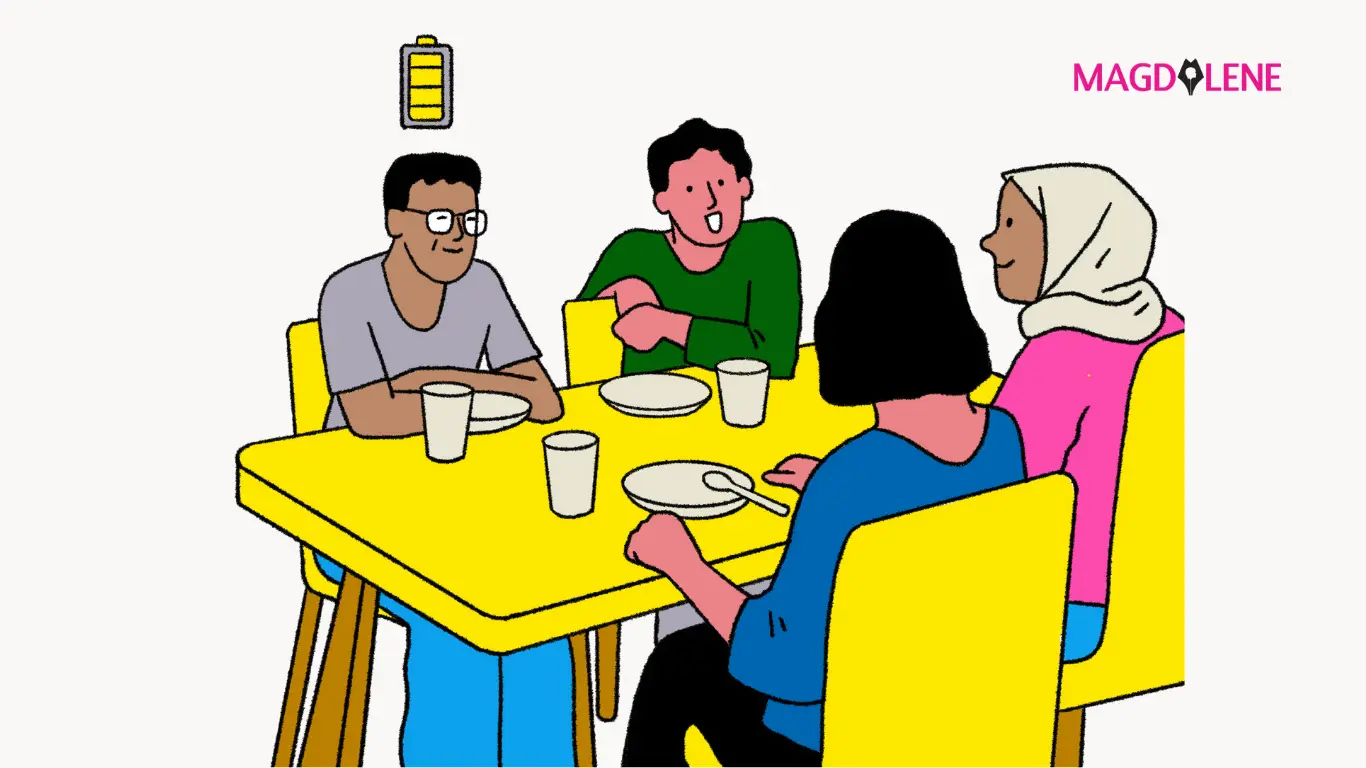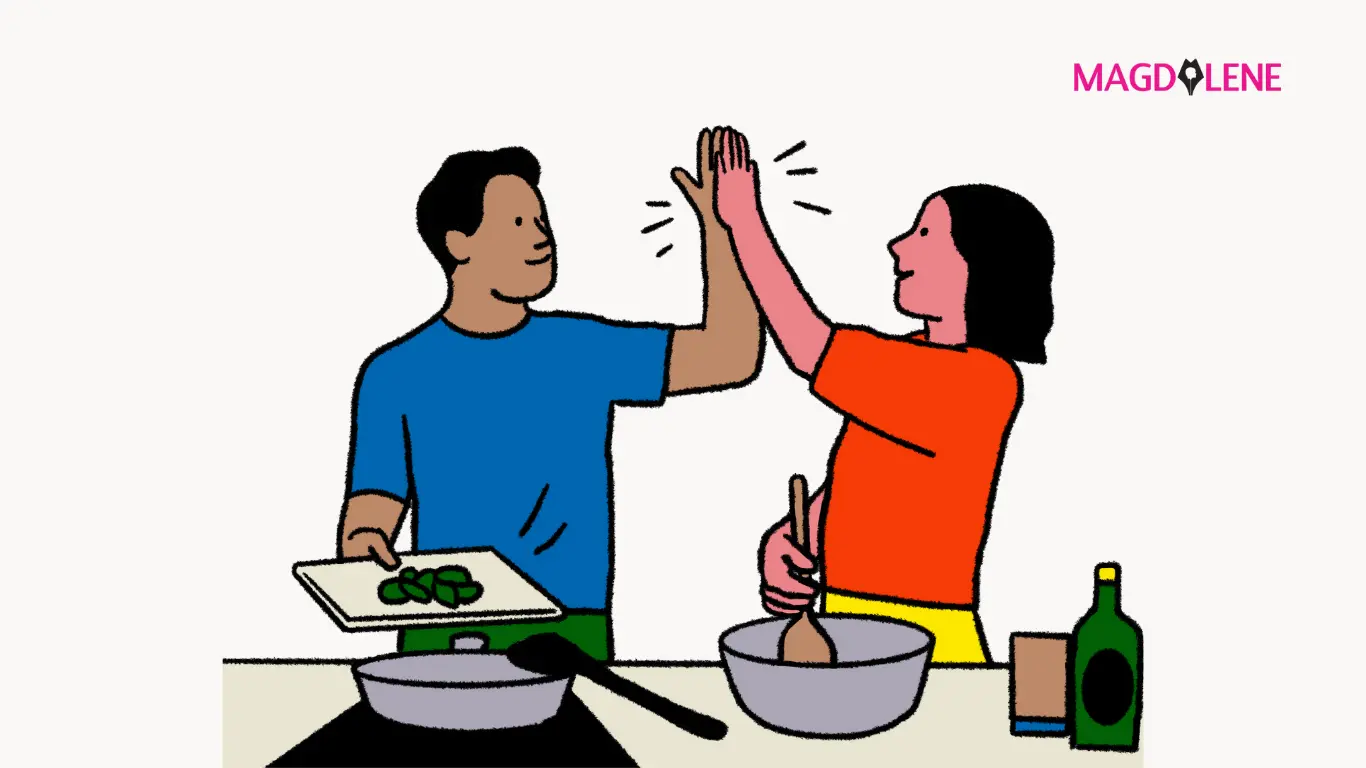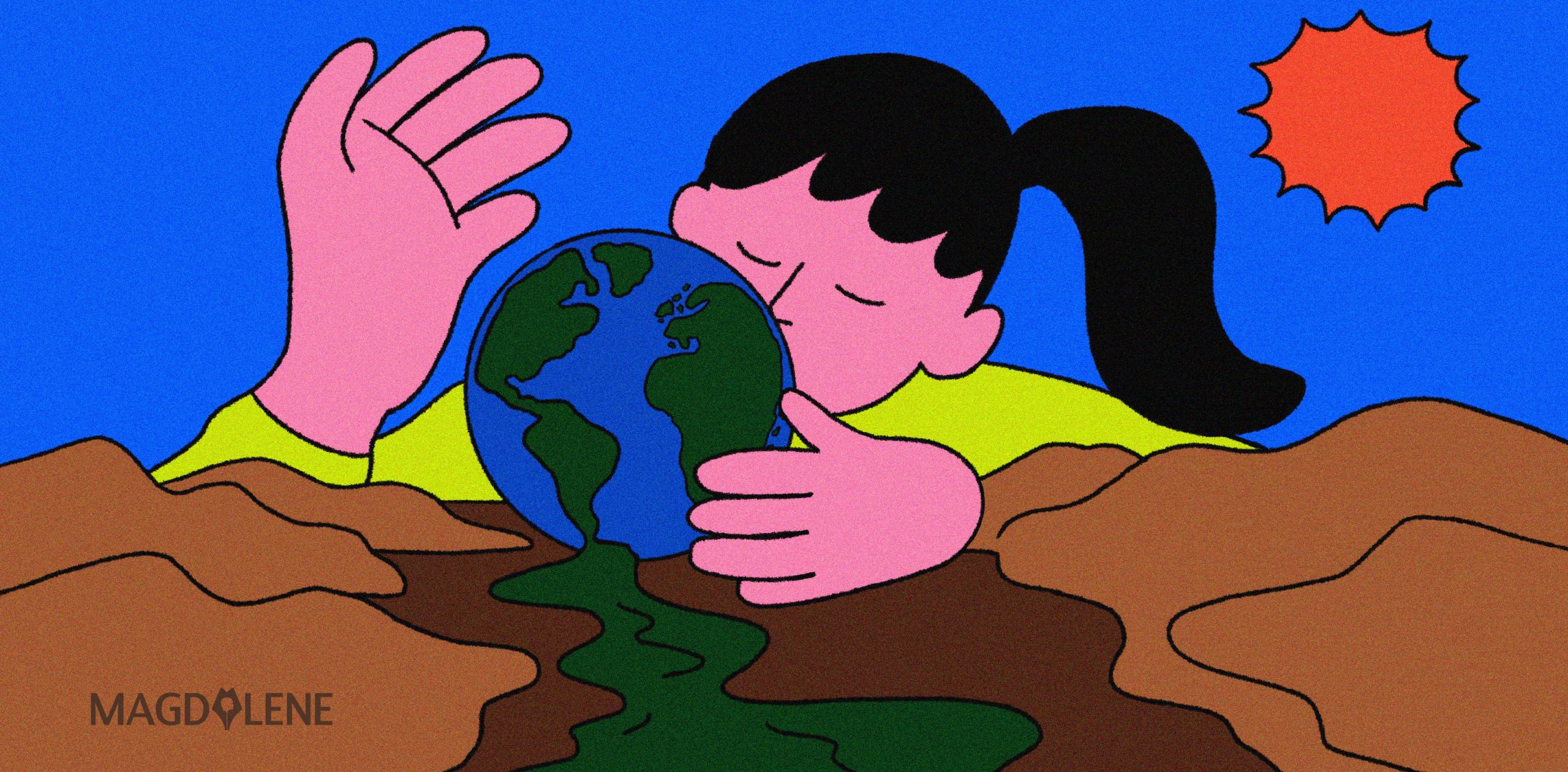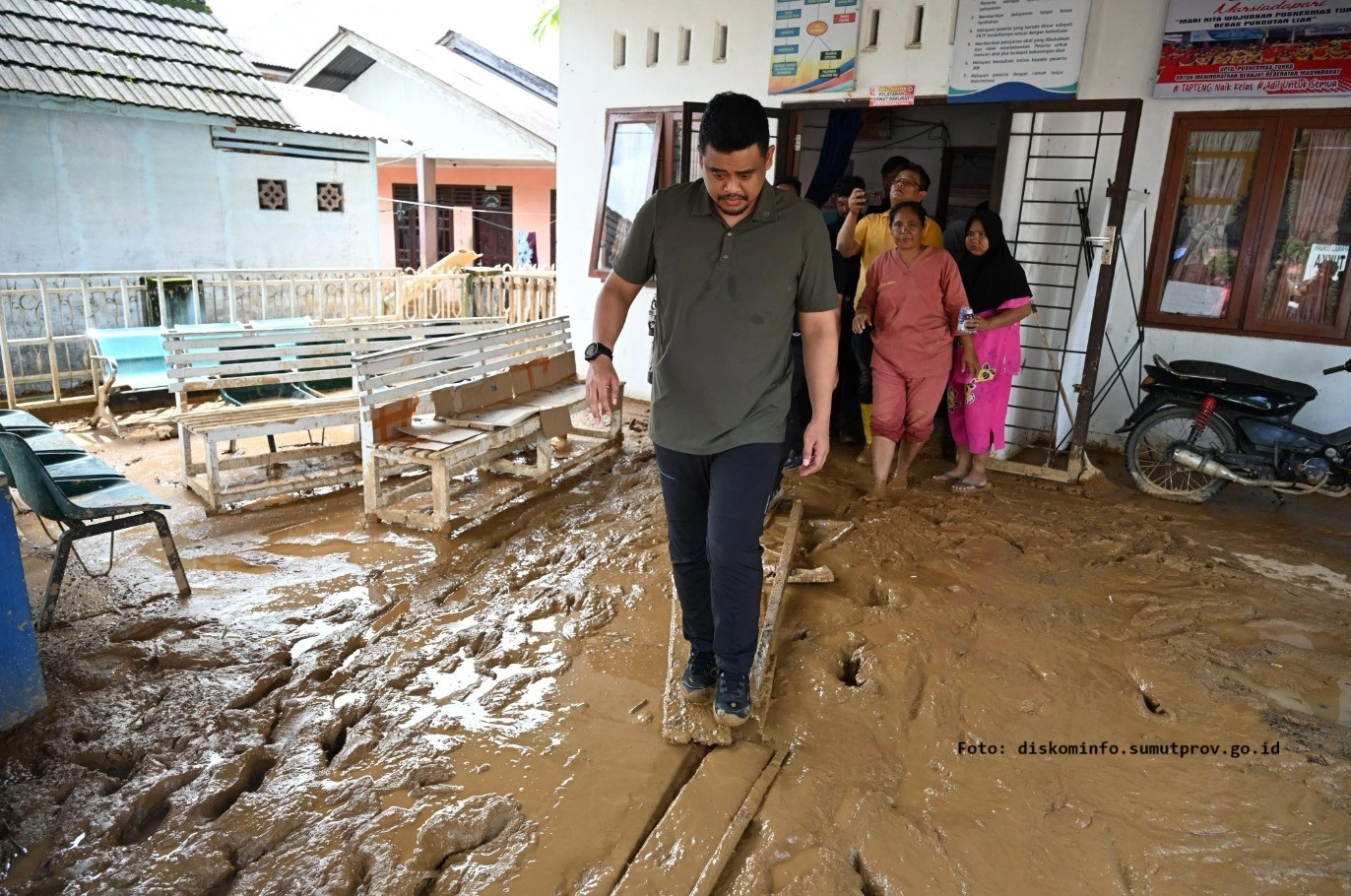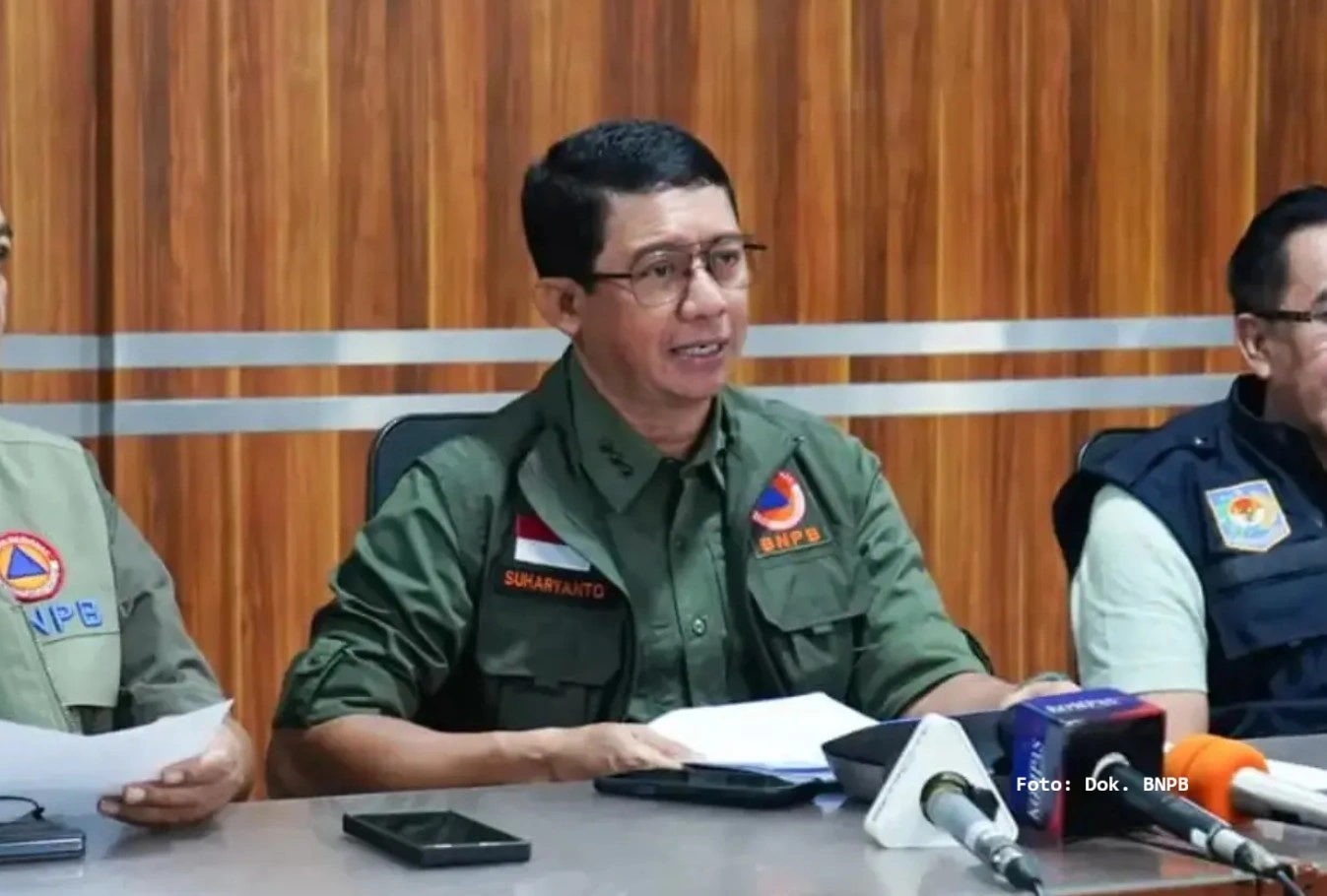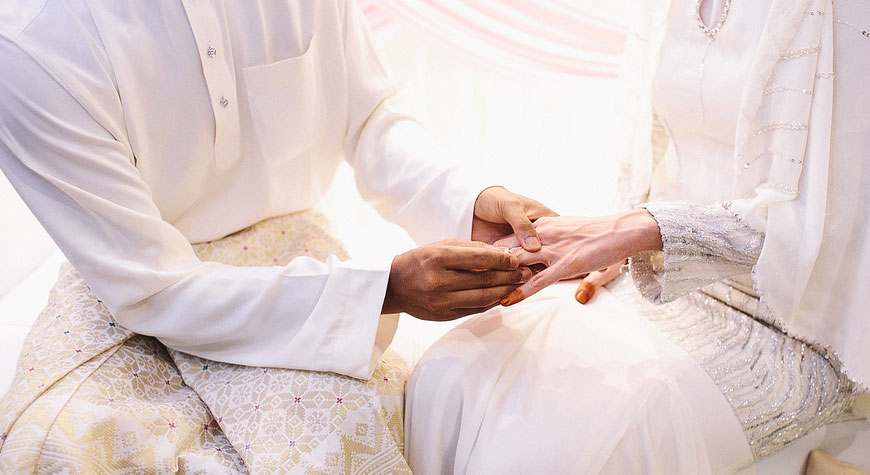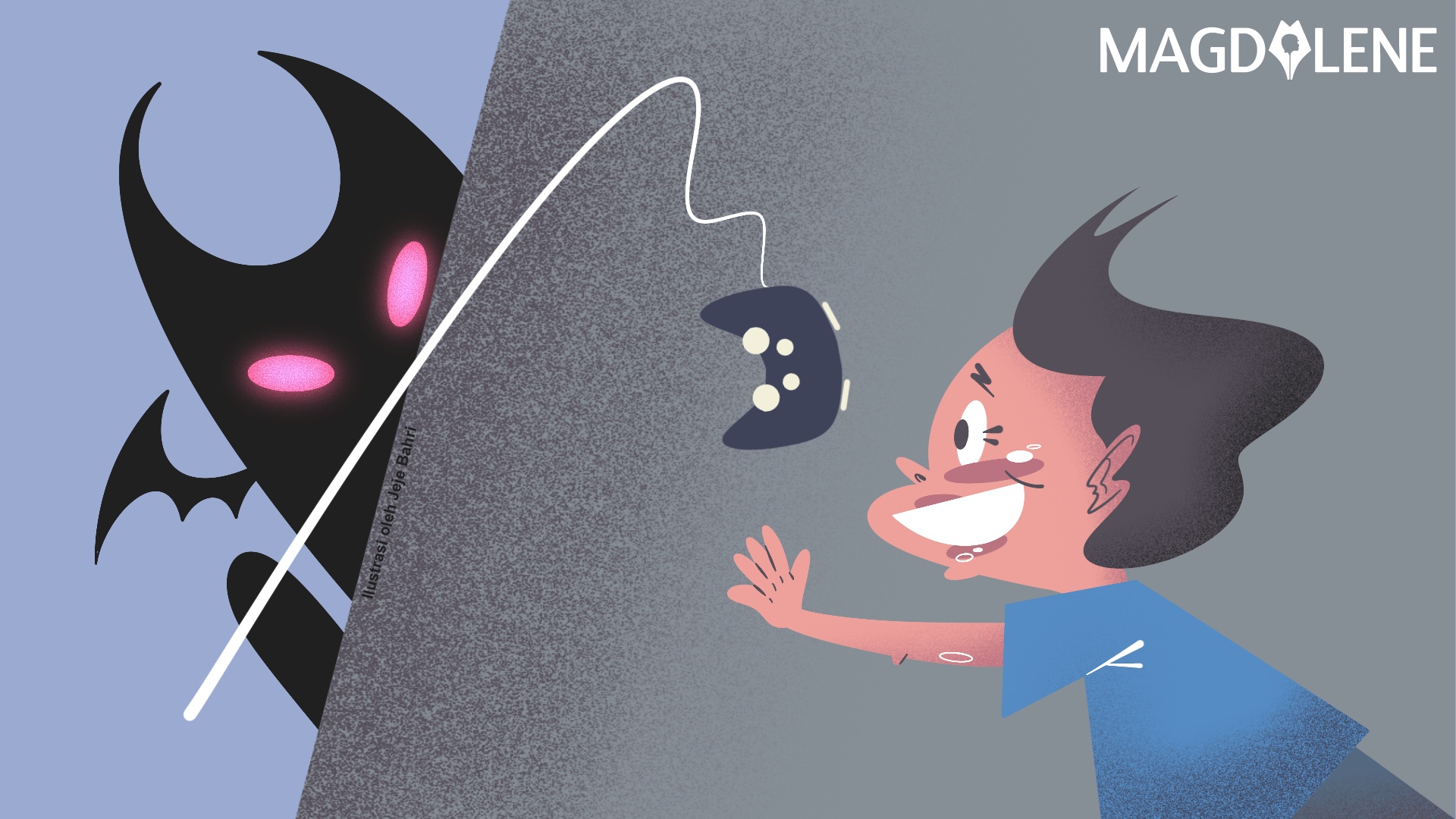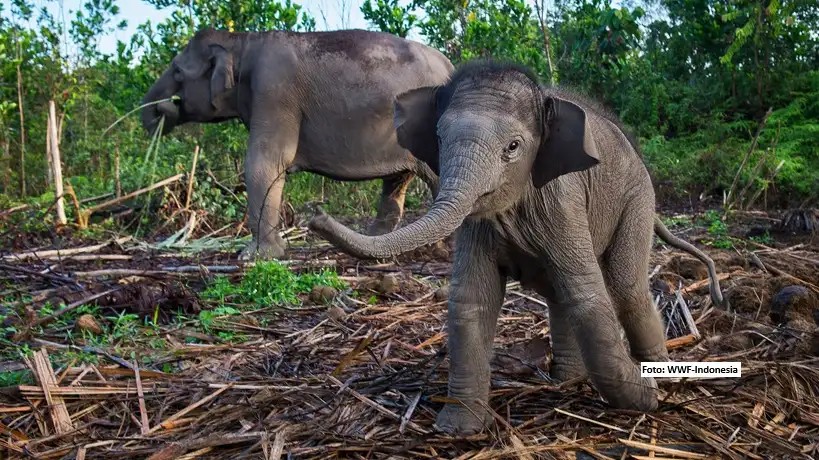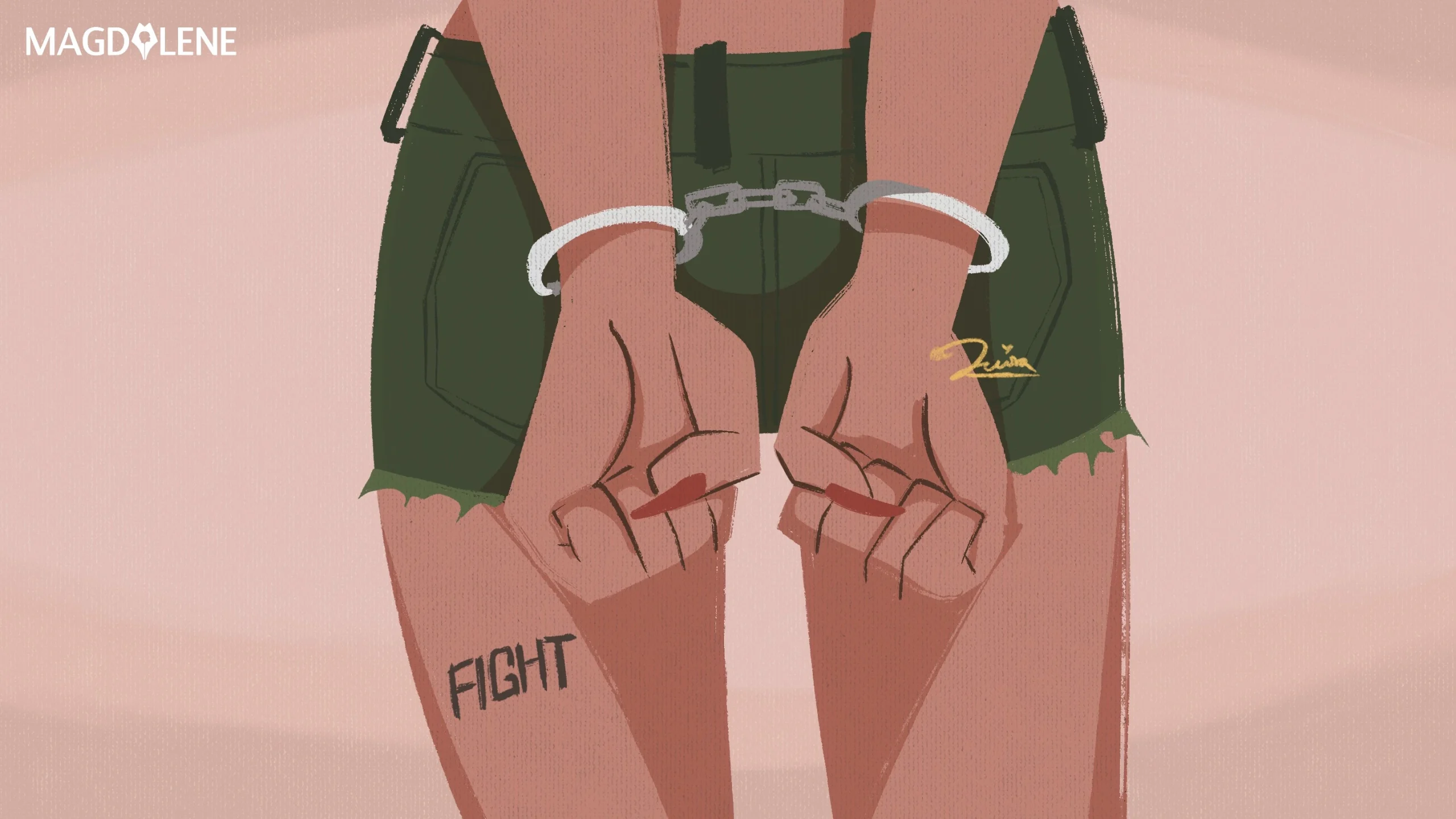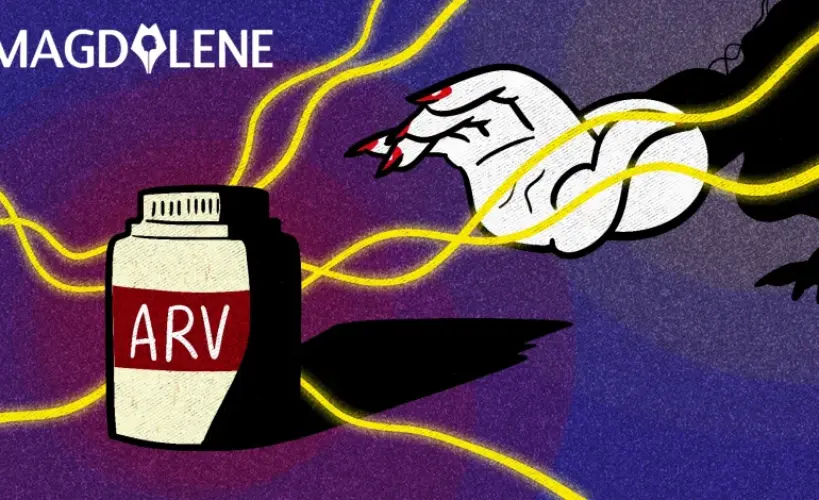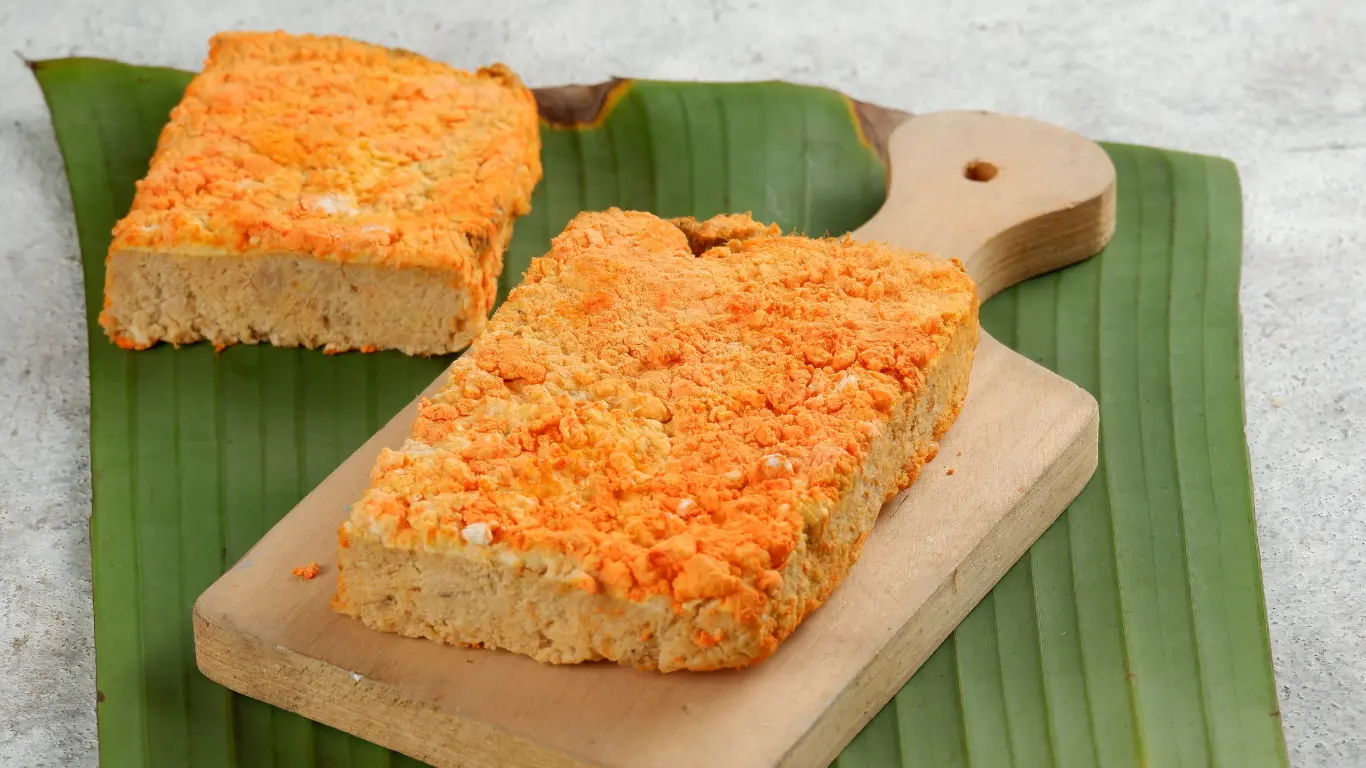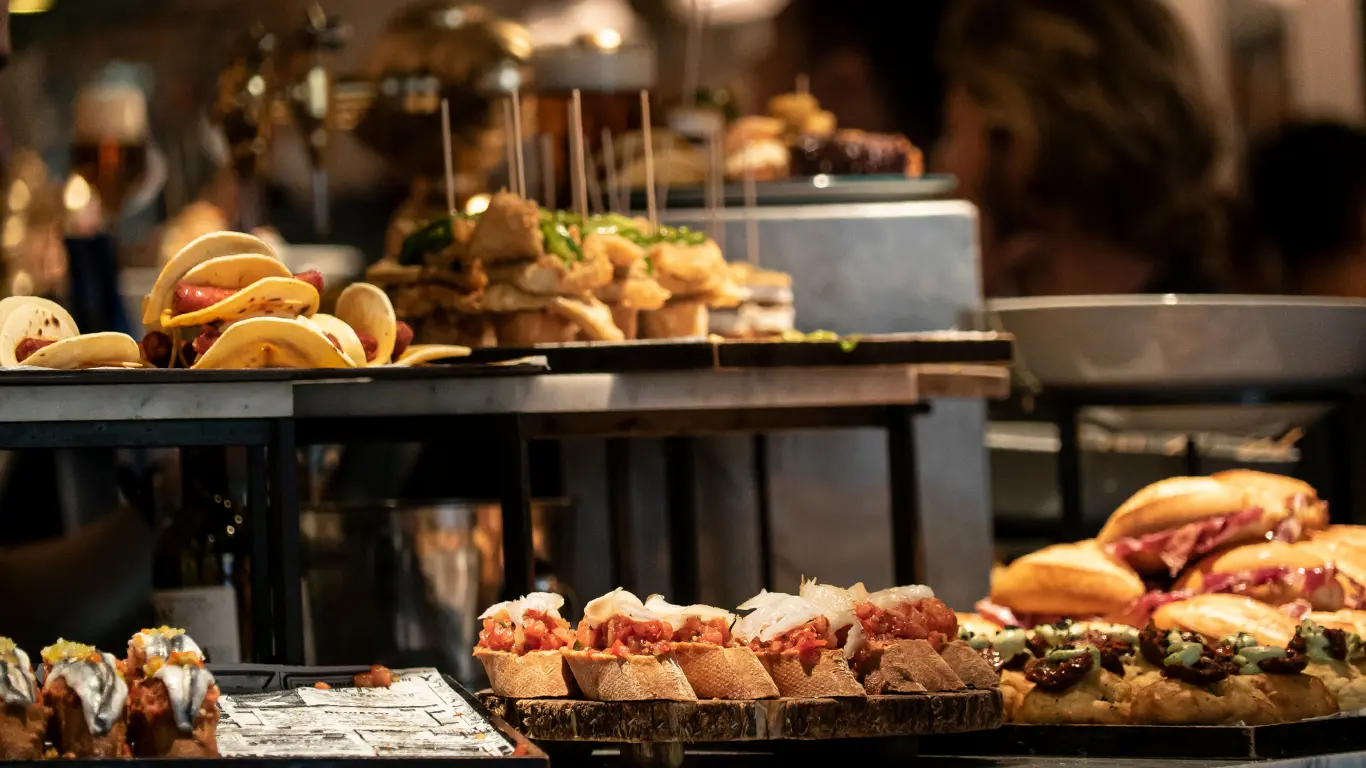How Grandma’s Dish Taught Me about Heritage and History
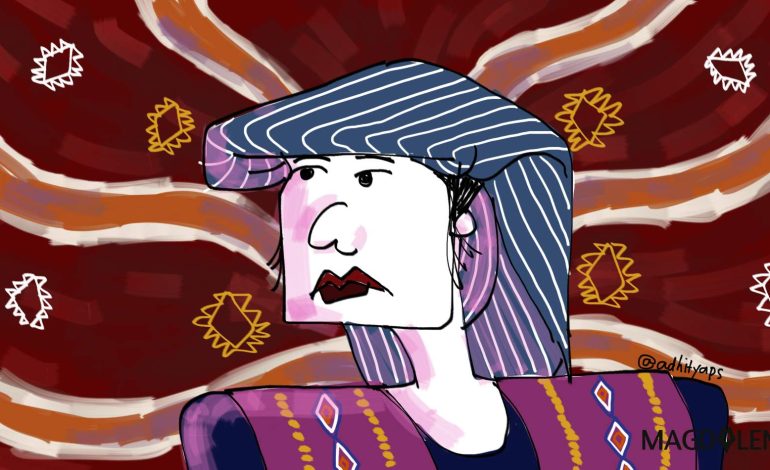
Perhaps the biggest form of expressing love in a Batak family is through food and dining together. My refusal to eat my opung’s (grandmother) dayok nabinatur – something she would only cook for big life events and family gatherings – was a huge deal for my family. It was as if I was losing the essence of my Batakness because I did not eat meat.
So after seeing how much I hurt my dad, I eventually gave in. After we all prayed and they presented the chicken in front of me, I proceeded to eat half of a chicken thigh. Never once had I thought of how significant a dish was to my family. Before that I only saw it as another boring cultural obligation.
Some food is a reflection of our culture and philosophy, and eating it together is our way of letting the people we are dining with (and the people cooking our food) how we love and appreciate them as parts of our lives. Dayok nabinatur, as I found out later, is more than just chicken cut into certain pieces and arranged in an elaborate manner. The process of arranging the chicken on the plate can be understood as a vessel for prayers based on love and hope for the person the chicken is cooked for, so that their life would be a life that is arranged in a “good order.”
As time progressed, and I started to eat animal products little by little (and gaining weight little by little), I sometimes wonder if what I did was wrong. Was I wrong for giving up and letting myself lose this battle? And was I wrong for trying to fight my father off for months?
It turns out that none of that really mattered. I don’t know what “winning” would cost me in that situation, but I now understand that me winning would mean me losing, too.
It’s easy to forget and ignore how much history shaped our families and why we are expected to value certain things now that we have all that our ancestors had fought for in giving us a better life. In the 1940s, my great-grandmother had to survive the war as a single mother of ten children; running through forests, going into hiding, and leaving her life of comfort after my great-grandfather was killed thanks to Dutch colony’s divide et impera politics.
Also read: ‘Lamtiur’: A Life of Defiance
Without her sacrifice, resilience, and strength, she wouldn’t have been able to raise my opung and her siblings, and there would have been no stories about the rice and salted fish they ate together after walking from village to village as they sought refuge and safety. The dayok nabinatur recipes would never have been passed through generations to cook birthday dishess once they were finally settled in a tiny house in the outskirts of Medan.
In my opung’s time, eating dayok nabinatur symbolized the miracle of survival; in my dad’s time, it’s evidence on how they have indeed struggled and thrived. Now in my time, my opung’s dayok nabinatur is a celebration of the life our family has created together, and an expression of hope for even better things being laid upon in good order for the next generation.
I found out about all this when I went to my great-grandmother’s grave in the small village where it all began, and for the first time, I truly listened. As I laid a sunflower on top of the marble, I cried. I always complained about being perceived as not Batak enough, but it never occurred to me that I had never really cared to find out about certain things in regards to my culture, and I had actively ignored the importance of history for my family.
That birthday was a very hard birthday for me, but a very important one as well because it’s not just about finding out who was right and who was wrong. Looking back, I realize now that it’s not a totally bad thing to know that my life is not my own, but also an extension of my heritage and history.
Knowing what it took to get to where we are now, I realized that the food and dining together is more than an expression of love, or a reflection of cultural philosophical ideas. Food, in the case of my opung’s dayok nabinatur, is shared history, and I feel grateful that I still got to remember the lives and dreams of the ones before me. Putting myself in my dad’s shoes, I would hope the same for my own children, which is to never forget who they are and how we all came to be.

